There’s been a lot of discussion over the last few years about the pros and cons of sensor taps in the context of healthcare environments such as hospitals, doctors’ surgeries and veterinary practices. After four babies tragically died as a result of a pseudomonas outbreak in a Belfast hospital in 2012 an independent report concluded that the use of sensor taps was partly to blame, due to a build up of bacteria around the tap’s solenoid, as well as to the poor manufacture finish of the internal body. The solenoid physically starts and stops the flow of water from the tap and, if water is allowed to remain in the solenoid after tap use, then this can indeed potentially facilitate buildup of bacteria.
Correct maintenance and cleaning prevents problems
However, if used correctly, there is no reason why sensor taps should be any less hygienic than any other kind of tap and indeed there are many ways in which they are way more hygienic than any other kind of tap. Bacterial buildup like this can easily be prevented by the simple expedient of flushing through the sensor tap regularly and not allowing water to remain within the body of the tap. This should be a regular part of the planned maintenance of the tap, along with frequent thermal disinfection.
A much more common form of infection in hospitals and other medical environments is cross contamination, which happens when multiple people physically touch the same taps. This risk is almost completely eliminated by switching to sensor taps. Sensor taps are generally the safest and most hygienic option but this depends on them being installed correctly and, once installed, maintained and cleaned correctly.
Not all sensor taps are appropriate for healthcare applications
When problems occur it’s almost always down to one of these three factors – poor choice of product in the first place, poor installation or poor maintenance after the taps are installed. It’s important to understand that not all sensor taps are created equal. For medical environments where hygiene and infection control are absolutely critical it’s important to work with your supplier to make sure that you choose the correct products for your needs and that the products are installed and maintained correctly.
Not all sensor taps sold in the UK are of sufficiently high quality to be suitable for medical environments and, as always with products where performance is key, it’s a big mistake to make the product choice decision based on price. This is a market where you get what you pay for and cheaper is definitely not better. For example, cheaper manufacturers will often keep their prices low by using cheaper components. Cheaper solenoids tend to get extremely hot due to the power supplied to them and this can cause problems with hygiene and bacterial buildup. With higher quality components this becomes much less of a problem.
Work with suppliers who’re experienced in healthcare
It’s important to work with suppliers who have direct experience of installing sensor taps in healthcare environments. This isn’t a job that should be handed out to anyone without healthcare knowledge. Too often I see examples of installations where the sensor tap has been installed, the power and the are water connected and then the installer has walked away, leaving the product set on the standard factory settings which may not be appropriate for that specific environment. An education on healthcare environments and sensor tap parameters is required.
Hygiene isn’t the only issue to be aware of here! The environment around the sensor tap and the context in which it’s being used should all be taken into account at the point of installation. For example, sensor taps can struggle with reflections, mirrors, windows and shiny wall finishes around them. All these things can reduce the product’s efficiency. Even high vis jackets and medical uniforms can have an effect and this needs to be taken into consideration when the taps are being installed. A specialist supplier with healthcare experience can work with you to ensure that all these factors are taken into account when the product is installed.
Conti+ Ultra sensor taps are used in hospitals all over Europe
After a period of caution about sensor taps after the Belfast pseudomonas outbreak it looks as though the healthcare market might now be moving back towards them. For example, the Midland Metropolitan Hospital, being built in Birmingham and the largest current hospital build in the UK, is being fitted out with sensor taps. I strongly believe that sensor operated taps are one of the best options for any healthcare environment. At Conti+ our Ultra range is particularly designed with healthcare and hygiene in mind. The Ultra taps have a smooth internal body and a built-in anti-bacterial application that prevents any build up of water or bacteria in the solenoid. Additionally, the solenoid has been designed in a unique patented way to further reduce the possibility of any bacteria build up.
WRAS certification is in the pipeline, providing further evidence of the quality of this product. For this reason, Ultra sensor taps have been used in hospitals and surgeries all over Europe for over five years now and would be a good option for any healthcare provider in the UK to consider.




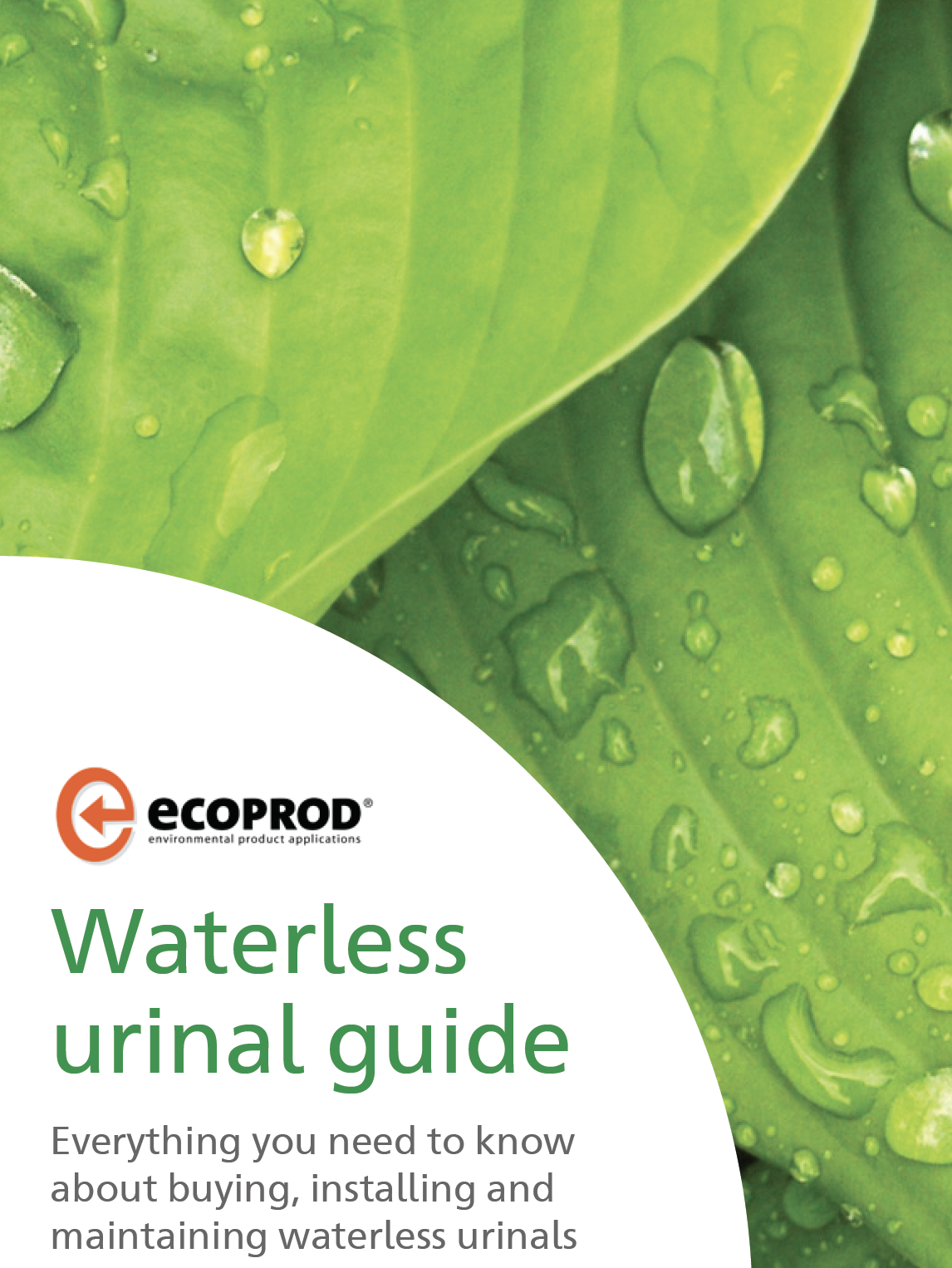


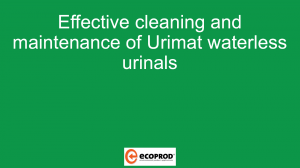





 For the last 8 years Robert Summer – Head of International Sales and Marketing – has developed structured distribution network worldwide for CONTI+ brand. The products offer great benefit for washrooms and shower rooms for public, semi-public and health sector. Today, sustainability, hygiene and smartness are key to CONTI+ solutions. Robert lives the brand and its USPs and loves to support and motivate his team on a daily basis.
For the last 8 years Robert Summer – Head of International Sales and Marketing – has developed structured distribution network worldwide for CONTI+ brand. The products offer great benefit for washrooms and shower rooms for public, semi-public and health sector. Today, sustainability, hygiene and smartness are key to CONTI+ solutions. Robert lives the brand and its USPs and loves to support and motivate his team on a daily basis.





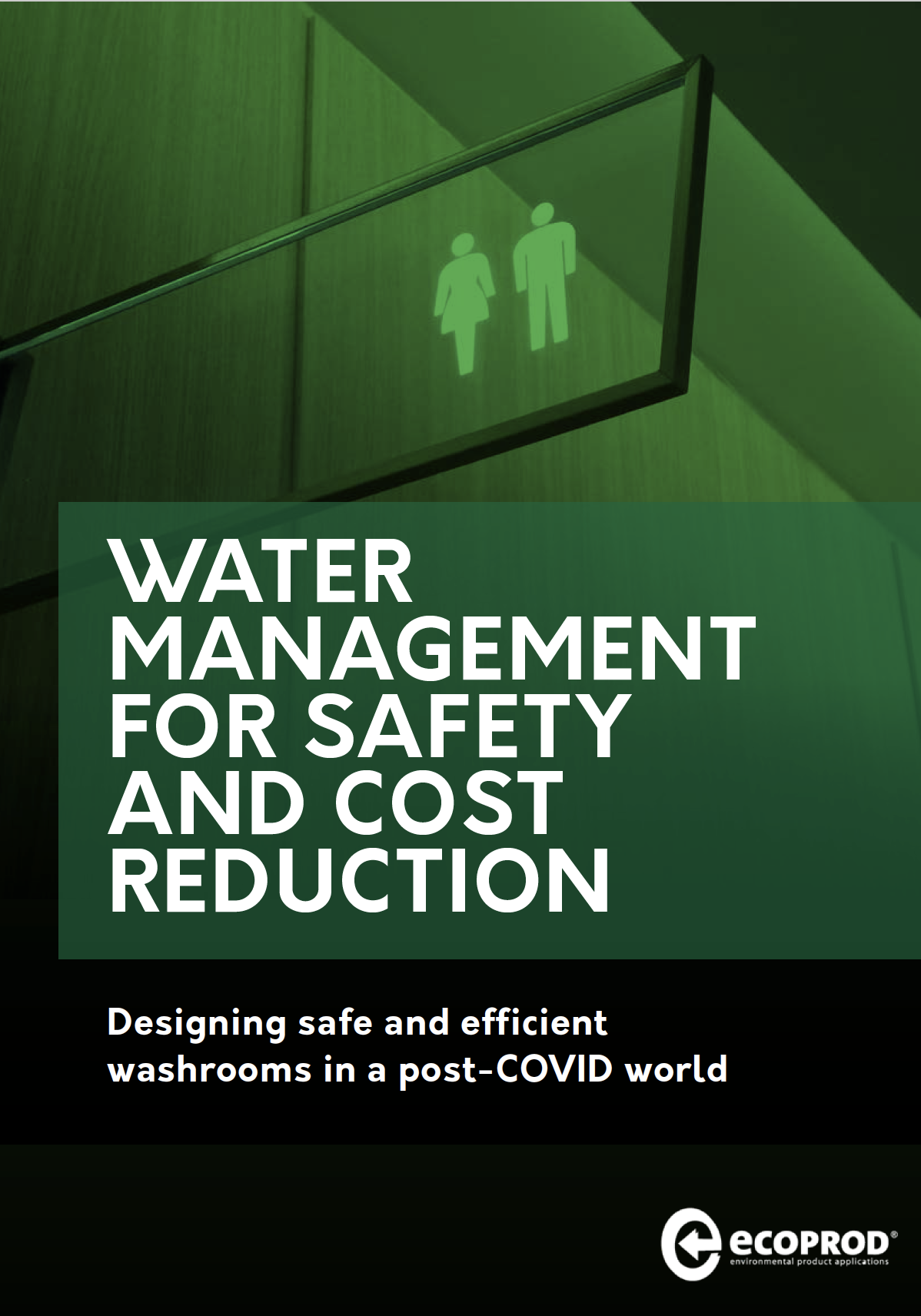

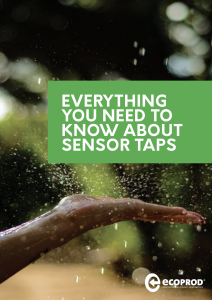
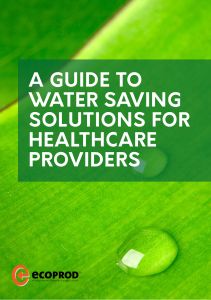


Comments are closed.